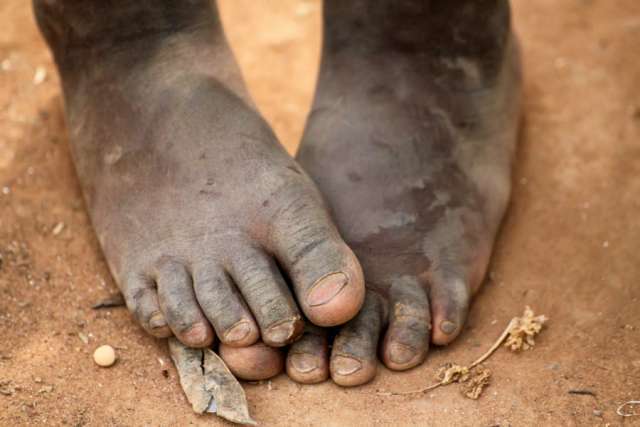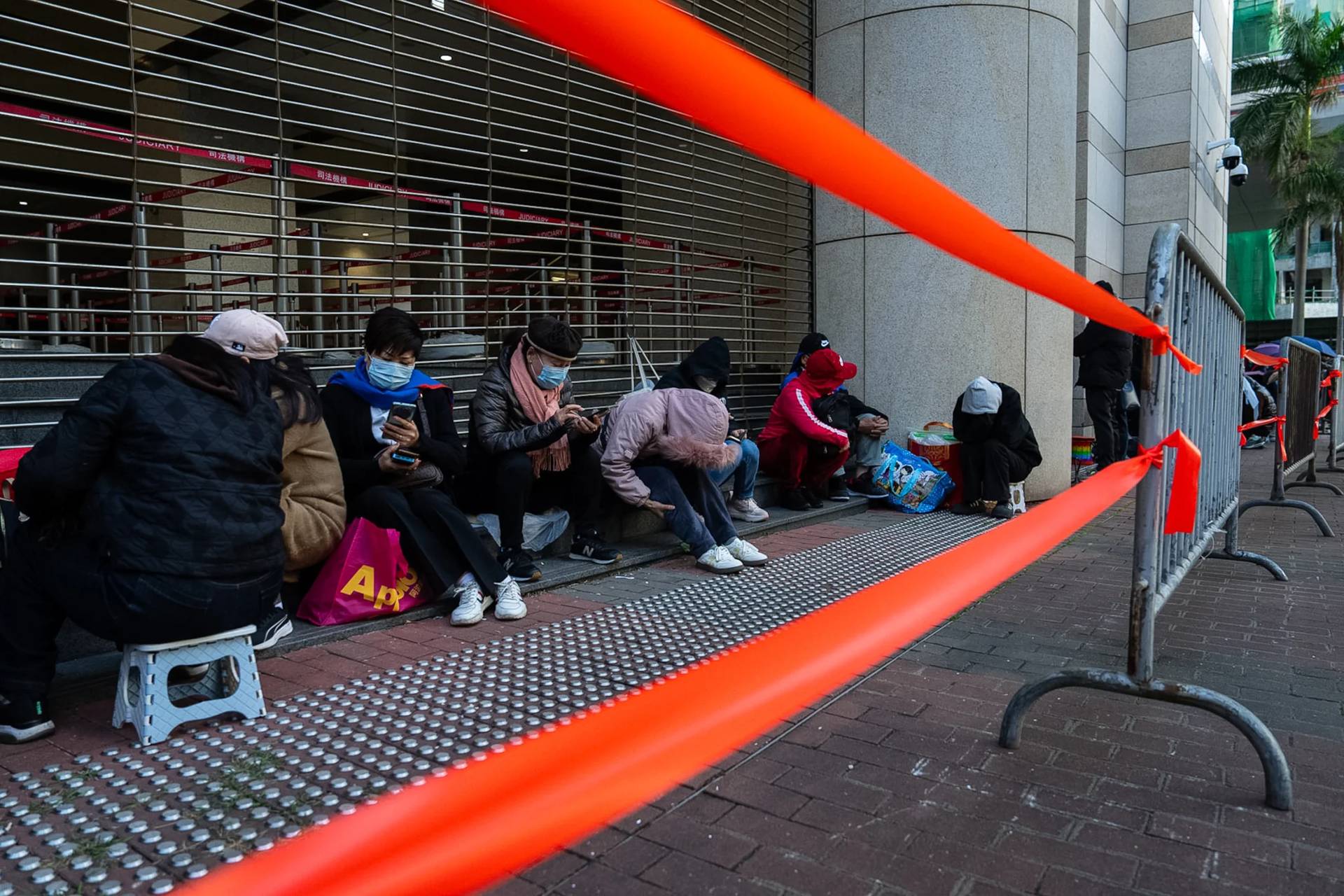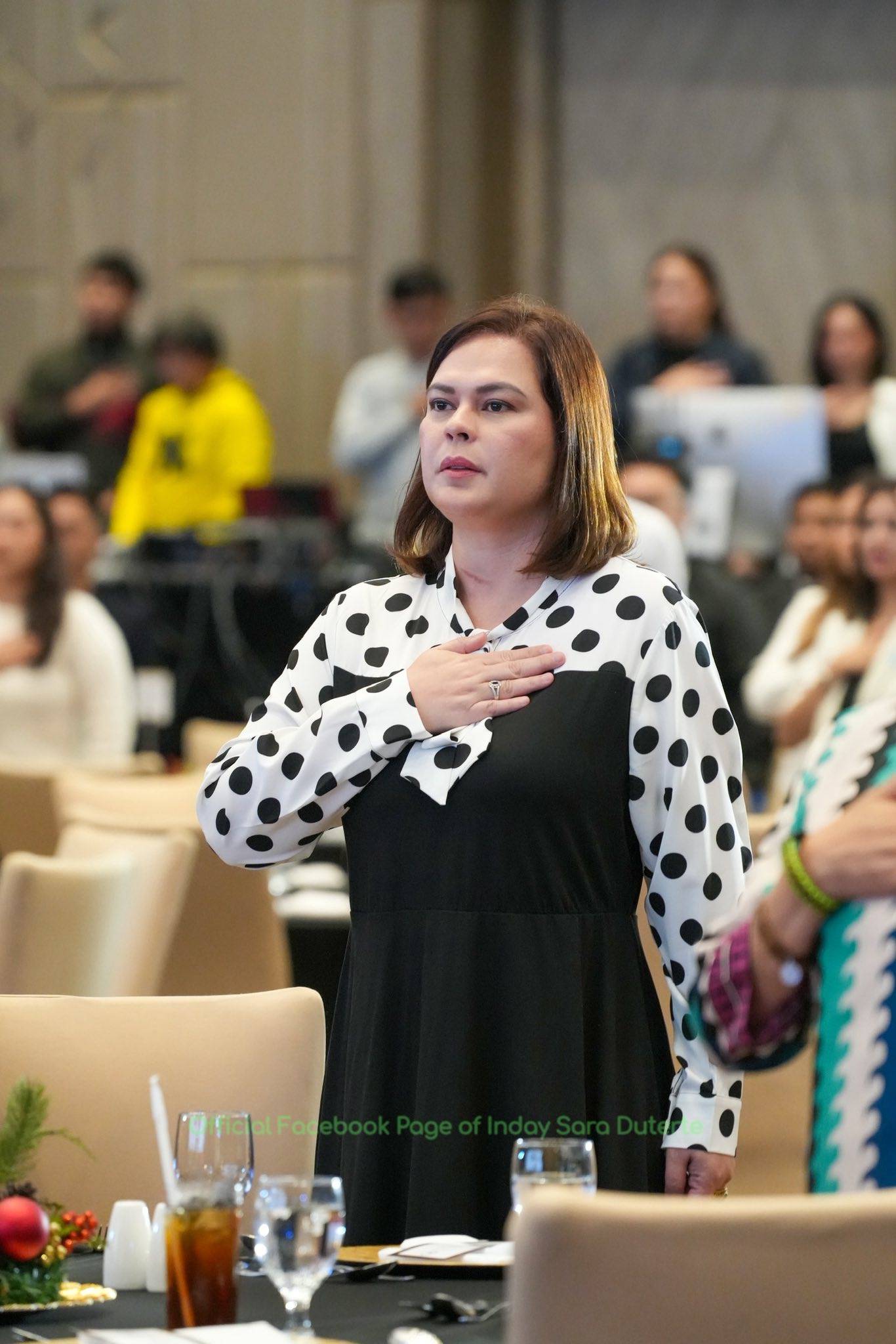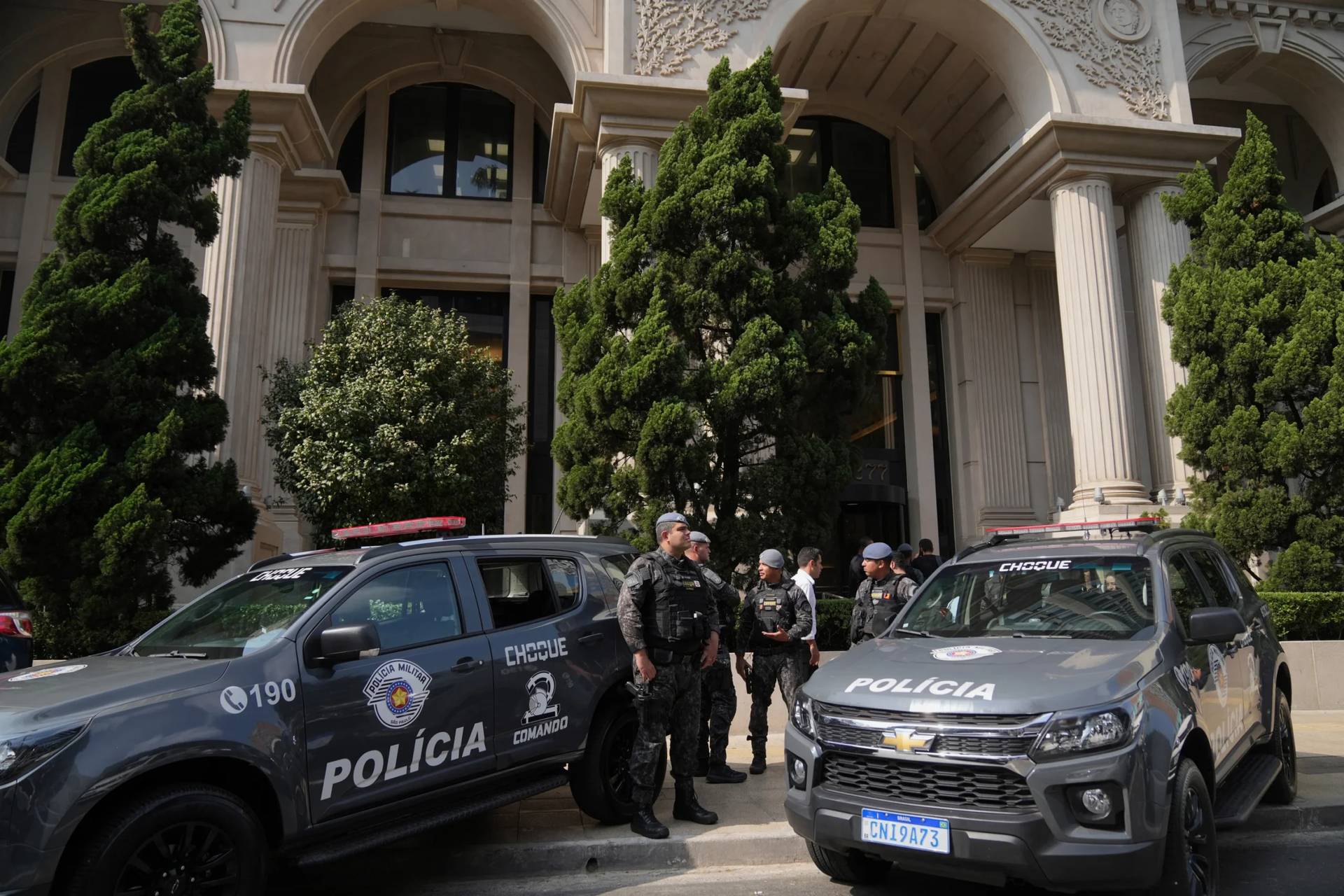ROME—According to Catalina, a former child soldier of the Colombian guerrillas, a referendum last October to approve a cease-fire between the government and the Revolutionary Armed Forces of Colombia (FARC) failed because after 52 years of war, the country lacks “interior peace.”
She remembers the days leading to the referendum as “moments of joy, because we thought that no more children will be there [among the guerrillas], it’s going to be different, we will be able to return to our homes.”
Today, this 19-year old who joined the guerrillas when she was 13, seeing them as a way to leave a situation of domestic violence, still believes peace can be achieved in her country, but to get to that point Colombians need to “think about the other, not only ourselves … what are they [FARC members involved in the dialogue] going through, why are they talking with the government?”
When she first joined FARC, “everything was fine.” Yet eight days later, they gave her a gun “that was bigger than me,” and a week later she took part in her first battle against government forces. Eight helicopters attacked her battalion that day.
“We were 44 young people and adults, and by the end of the attack, we were 22. It’s a deep pain I carry with me,” she said. “We’d look at each other not knowing if it was for the last time.”
After three years, she had the courage to run away, even knowing that if FARC found her, she’d be killed. Today, she’s about to start infirmary school to fulfill a life-long dream of becoming a nurse.
More than 50 years of armed conflict between Colombia’s many guerrilla movements, with FARC and the National Liberation Army (ELN) being the most infamous, as well as paramilitary groups and the Colombian government, have left behind some eight million victims.
Thousands of children have been part of these armed groups, and although many have been forced to fight, often having killed people years before they were allowed a drink (the legal age in Colombia being 18), they too are considered victims, as they were robbed of their childhoods.
Some were forced to choose between family members, made to kneel on the floor and, with a gun pointed at their heads, to decide who lived and who died.
Catalina (for security reasons, not her real name) is, together with Manuel (also a pseudonym), the protagonist of Cease Fire, a documentary presented in Rome Feb. 2. It tells the story of children recovered from the Colombian guerrillas.
Manuel spent a year in combat. He joined the guerillas in 2013 when he was 14, basically following his brother, who was killed by his own battalion because he wasn’t good at following rules. Manuel left soon after this episode.
“I was illiterate, but now I go to school and have a job,” he said.
The film was produced by the Salesian family, founded by St. Juan Bosco, and which for the past 52 years has been working in Colombia trying to promote reconciliation.
Though it’s impossible to tell, observers estimate that today some 6,000 minors are still in the guerrillas, with thousands more having reached their eighteenth birthday after years of combat.
Father Rafael Bejarano Rivera is the director of the project “City Don Bosco,” in Medellin, which has saved over 1,300 minors from a life of turmoil and violence. The Salesians have two of these projects in Colombia focused on helping “demobilized minors,” as young former guerrilla members are called, get back on their feet.
The long process of returning to a normal life in one of these Salesian houses includes three key things they need to learn: the ability to trust, to hope, and to forge ties with others.
The “pedagogy of trust” means generating empathy and a bond, providing them with a family-like environment where they feel safe from the moment of their arrival.
Giving these young adults hope includes having psychologists and teachers working with them one-on-one, giving them the tools for a better future: From learning to read and write to technical formation that would allow them to find a job.
Forging ties with others means helping the demobilized minors to go back into society by helping them build relationships, find a job, enroll in healthcare, and navigate the legal process of being recognized as victims of the FARC.
“What we’re doing is telling the truth,” Bejanaro told Crux while in Rome. “Not because we want to hurt those who, from our position, have hurt us, but to create historical memory and try to understand what has happened.”
Having worked with these minors, the priest says he can’t be fully against the guerrillas because he’s learned that during their time in these groups, some also experienced beautiful stories. Although he doesn’t agree with them nor does he support them, Bejanaro even understands why some defend the position of the armed groups.
Catalina confirmed this: she fell in love with one of the members of her battalion, she said, and it was his death that opened her eyes to the unfairness of her reality, and ultimately, it’s what made her leave.
“What we’re doing, as Church, without belonging to any political party, is to support the work the national government, together with the FARC are doing: building together,” Bejanaro said. “It’s not about demanding the guerrillas demobilize and give in their weapons, but about moving forward together.”
He added that this building together is the only way for the country to build long-lasting peace, which he defined as “beautiful, multi-cultural, with an enormous natural wealth.” Yet both this ability to “dialogue” and what he described as “political culture” are things Colombia still has to work on, and he said it’s because of this that the popular vote was against the referendum.
Child soldiers, a story that goes beyond Colombia
The UK-based Child Soldiers International says that some of these children — often as young as 4 — are used for fighting, for sexual purposes or as cooks, porters, messengers, informants or “in any other way their commanders want.”
In many conflict areas, they’re also used as human shields.
Though it’s not the case in Colombia, in some 50 countries the military recruitment of children is still legal. As of 2016, the military was using minors in Afghanistan, Democratic Republic of Congo, Myanmar, Somalia, South Sudan, Sudan, and Yemen.
According to the United Nations, the practice is even more widespread among non-state armed groups such as the Taliban in Afghanistan and ISIS in Iraq and Syria, which use children on a large scale, including for suicide bombings.
Human Rights Watch reports that children are most likely to become child soldiers if they are poor, separated from their families, displaced from their homes, living in a combat zone or have limited access to education.
Pope Francis considers this issue to be important enough to merit being one of his monthly prayer intentions.
Last December, with the help of the Jesuit-run global prayer network Apostleship of Prayer, the Vatican Television Center and La Machi, he launched his monthly video titled simply “Child Soldiers.”
In it, he called for the “scandal of child-soldiers,” which he described as a form of modern-day slavery, to be eliminated from the world.

















